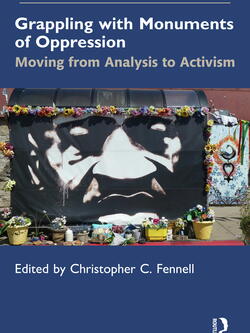Grappling with Monuments of Oppression provides a timely analysis of the diverse approaches being used around the world to confront colonial and imperial monuments and to promote social equity.
Presenting 12 interdisciplinary, international case studies, this volume explores the ways in which the materiality of social domination can be combated. With contributions from activists, scholars, artists, and policymakers, the book envisions the theme of restorative justice in heritage and archaeology as encompassing initiatives for the reconciliation of past societal transgressions using processes that are multivocal, dialogic, historically informed, community-based, negotiated, and transformative. Arguing that monuments to historical figures who engaged in oppressive regimes provide rich opportunities for dialogue and negotiation, chapters within the book demonstrate that, by confronting these monuments, citizens can envision new ways to address the context and significance of the figures they memorialize and the many people who were targets of their oppression. Contributors to the book also provide a toolkit of methods and strategies for addressing the continuing structures of social domination.
Grappling with Monuments of Oppression will be essential reading for academics and students working in heritage studies, archaeology, anthropology, material culture studies, landscape analysis, and museum studies. It will also be of great interest to practitioners and activists around the world.






